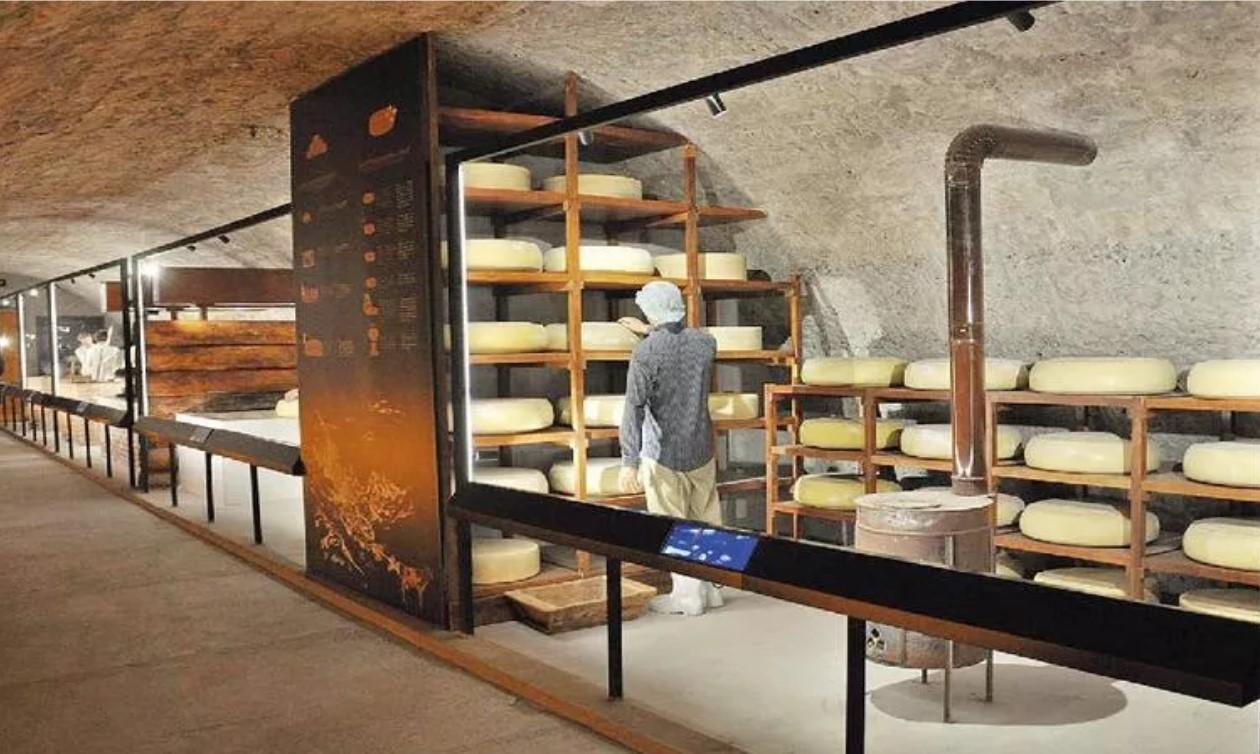
A woman has converted an eastern village into “world’s 17th cheese destination” with massive efforts for years.
The eastern province of Kars’ Boğatepe village received a geographical indication and started the promotion of the cheeses produced in the village, said Zümran Ömür, the co-founder of an environment association in the village.
After the recommendation of the members of a French association who came to visit the village, the women started to learn French in order to attract tourists to the village, said Ömür.
It conduced the village to become the world’s 17th cheese destination, according to Ömür.
“With the association we established in 2007, all the people in the village started to receive education,” Ömür said.
After dragging up the Swiss cheese producer David Moser’s visit to the village in 1878 and the story of the emergence of gruyere cheese, Ömür and her friends realized that 32 types of cheese had disappeared.
“I came to Boğatepe in 1987 when I got married at the age of 15. When I first came, there were dairy farms and production in the village, but we could not find a place to sell the product,” said Ömür, underlining that they were trying to sell the products to other cities back then.
After a traffic accident in the village in 2000, which caused the death of 23 people, two committed suicide and two died of heart attack, said Ömür.
“There was a great depression in the village, families who could not stand it have migrated. There was only one dairy left,” Ömür added.
After we decided to establish an association, an expert came from India. Then we took communication, health and nutrition courses so that we can express ourselves better.
While they were taking these courses and preparing to start the cheese production again, members of an association from France came to visit, said Ömür, adding that they recommended making the village into an ecotourism route to prevent the migration.
“They provided both motivation and technical contributions. We still use the methods they taught,” said Ömür.
Ömür also emphasized the importance of the participation of women in production. “If you look at the history of Kars, you will see a great respect for women in production, which makes this business sustainable.”
“I want everyone to see, hear and share this story so that the students at the universities go back to farming in their hometowns,” Ömür said, noting that she has been invited by universities to make speeches.
The village population, which fell to 200 after the accident, exceeded 1000 people and there was a tourist boom in 2018 due to the Eastern Express, which runs a 1,310-kilometer journey between the capital Ankara and Kars, according to Ömür.
“We welcome visitors into our own homes. We didn’t want any construction in the village but a sharing tourism system,” she said.
Ömür also pointed out that now they are working to bring the Caucasian carpet back to light.
“All women in the village are working to reintroduce the forgotten products of the region, according to their interests,” she added.